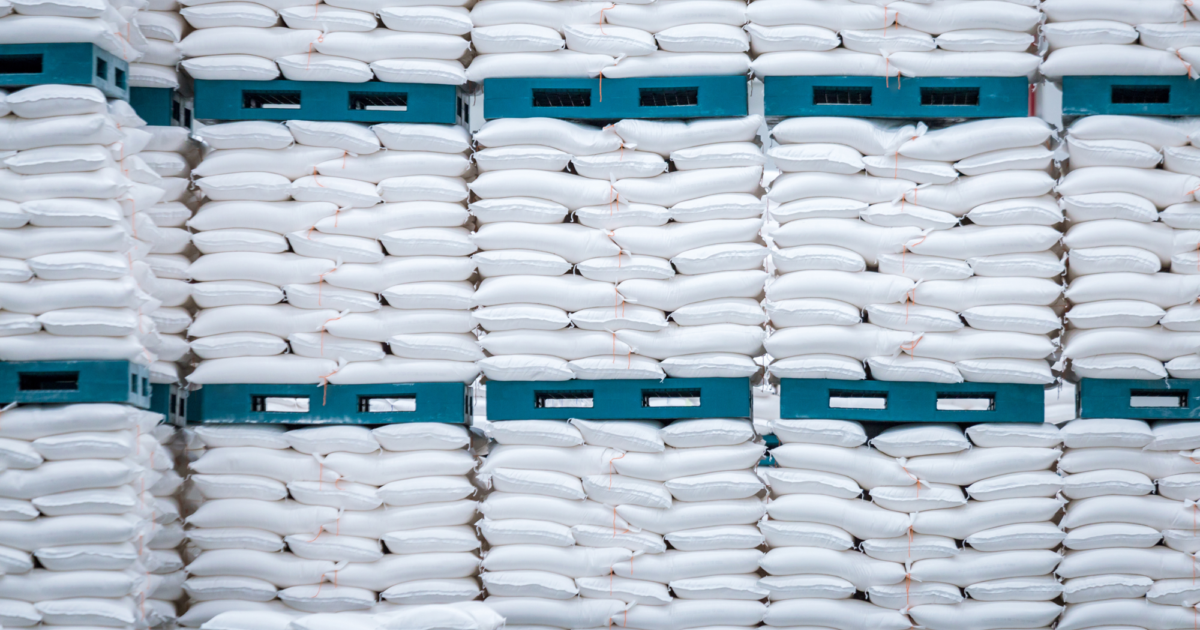Fertilizer consumption in Africa has risen to 18 kilograms per hectare (kg/ha) from 8 kg/ha in 2006, but is still below the target of 50 kg/ha, the African Union (AU) said on Thursday.
Josefa Leonel Correia Sacko, commissioner for agriculture, rural development, blue economy and sustainable environment (ARBE) at the AU Commission, said that despite producing around 30 million metric tons of mineral fertilizer annually, many African countries still heavily rely on imports, particularly non-phosphate-based fertilizers, leaving them vulnerable to market shocks.
“As a result, African soils have reached a tipping point with low levels of soil organic matter and nutrient stocks,” Sacko said during a virtual media briefing held in Nairobi, the capital of Kenya, on the upcoming Africa Fertilizer and Soil Health Summit that is scheduled to take place on May 7-9.
Sacko said that the optimized use of mineral and organic fertilizers, along with complementary inputs, can drive higher productivity, profitability, soil health improvement, and climate resilience.
In June 2006, the African heads of state and governments endorsed the Abuja Declaration on Fertilizer for the Africa Green Revolution, to boost fertilizer use in Africa.
Paul Ronoh, principal secretary for the Kenyan Ministry of Agriculture and Livestock Development, said that Kenya has introduced a fertilizer subsidy program aimed at increasing fertilizer usage among smallholder farmers. Ronoh noted that Kenya seeks to provide 7 million bags (50 kg per bag) of subsidized fertilizer to farmers, in order to improve the productive capacity of the soils and enhance food and nutrition security in the country.
XINHUA

